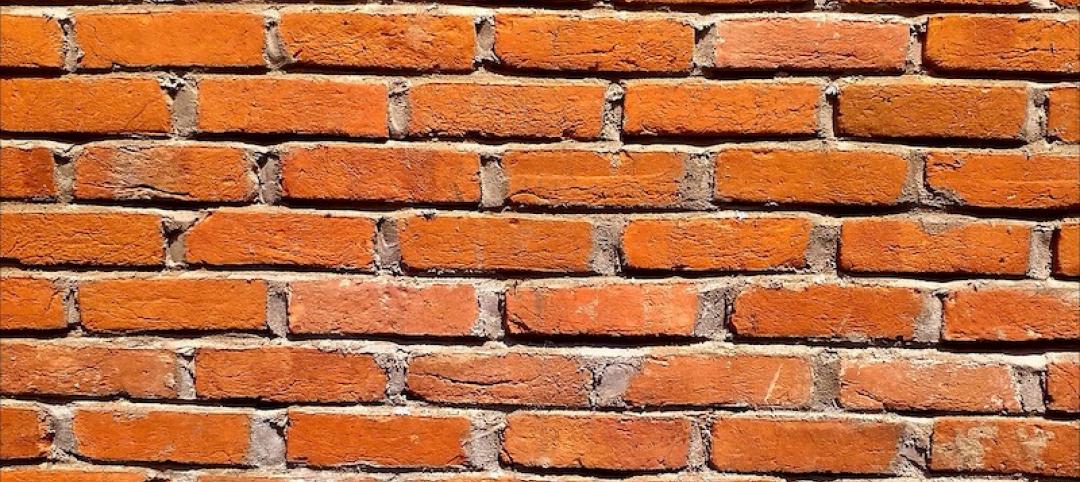NOAA, the University of Maryland, and the American Society of Civil Engineers (ASCE) will collaborate on developing climate-smart engineering codes and standards.
The partnership aims to account for climate change in future infrastructure design and construction. Most building codes in the United States and abroad rely on consensus guidance provided by ASCE.
The partnership will help close the gap between climate change awareness and engineering practice, according to Samuel Graham, dean of the University of Maryland’s A. James Clark School of Engineering. The collaboration will advance the use of NOAA-produced climate science and understanding within engineering practice for the design and construction of climate-resilient infrastructure, through developing and updating ASCE codes and standards, according to a NOAA news release.
The partnership calls for a series of exchanges between NOAA and ASCE, which will be facilitated by the university.
Related Stories
Codes and Standards | Dec 9, 2020
Investors want building resiliency plans and risk mitigation practices
Owners should assess risk, insurance coverage, and ability to withstand disasters.
Codes and Standards | Dec 4, 2020
OSHA cites more than 200 employers for COVID-19 violations
Agency releases guidance on lessons learned from pandemic inspections.
Codes and Standards | Dec 1, 2020
Pandemic spurs nearly 16 million people to move from major cities
Most of the movement seems permanent.
Codes and Standards | Nov 30, 2020
USGBC ready to catalyze LEED Positive future
New programs, updates will spur shift to regenerative strategies.
Codes and Standards | Nov 30, 2020
Updated spec for self-adhering flashing surrounding exterior fenestration products released
FGIA document was last updated in 2013.
Codes and Standards | Nov 30, 2020
Finalized 2021 Energy Code leaves out future-proofing provision
Appeals process nixed requirement for residential electrification readiness.
Codes and Standards | Nov 23, 2020
GBCI turns over GRESB ownership to global investment firm
Organization assesses sustainability performance of real estate and infrastructure portfolios and assets.
Codes and Standards | Nov 23, 2020
New industrywide clay brick EPD launched
Contributes toward LEED v.4.0 and v.4.1 materials and resources requirements.
Codes and Standards | Nov 19, 2020
The ‘15-minute city’ could transform municipal planning
Concept aims for car-free living.
Codes and Standards | Nov 18, 2020
Commissioning study finds median energy savings of 3% to 16%
Berkeley Lab examines results of commissioning across building types.

















